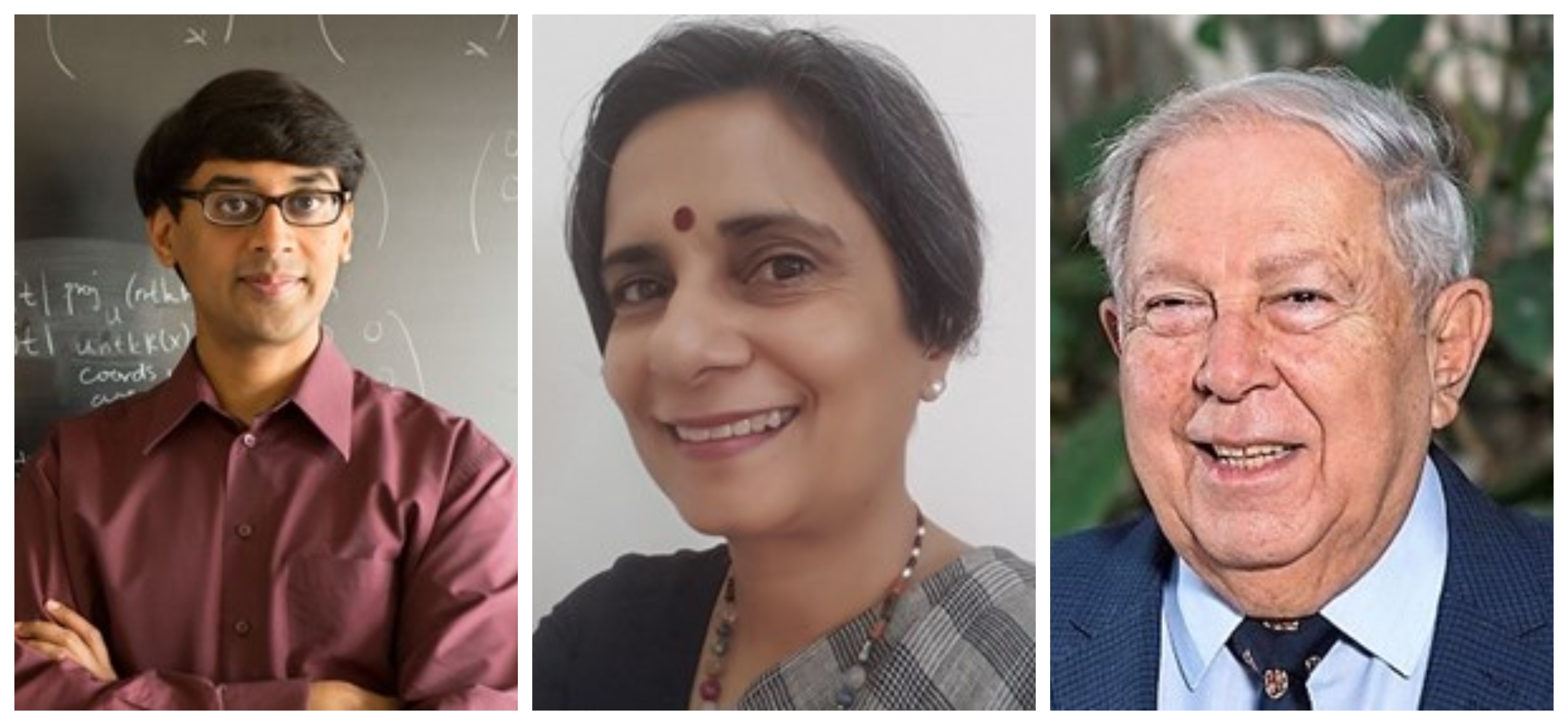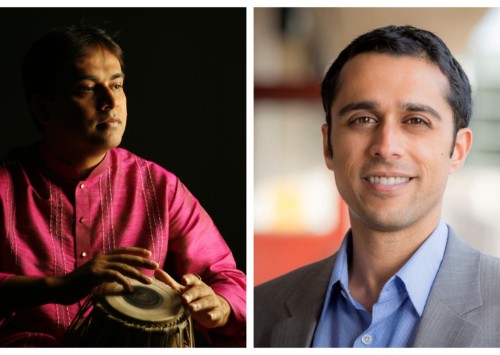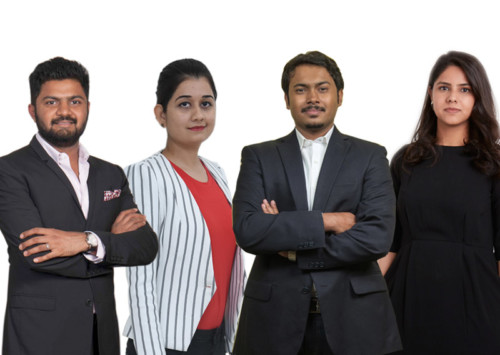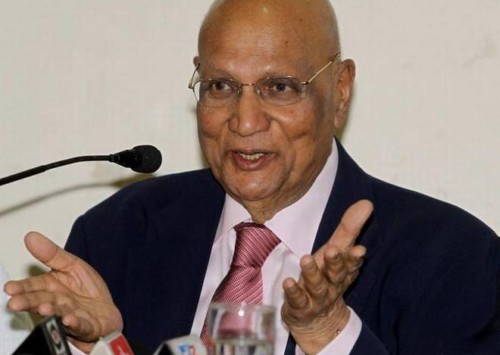Indian origin fellows in London’s Royal Society for 2019
Seven Indian-origin people have made it to the list of The Royal Society fellows inducted this year on April 16. Gagandeep Kang becomes the first Indian woman scientist to be selected for the fellowship.
The Royal Society, London, has selected 51 distinguished scientists from across the world as Fellows and Foreign Members and seven Indian-origin scientists are on the list. Five of them have been selected as new fellows, one as a foreign member fellow and an honorary fellowship has been awarded to another. Gagandeep Kang, a virologist, is the first Indian woman scientist to be honoured with the fellowship in its history.
Kang is the executive director of Translational Health and Science and Technology Institute (THSTI), Faridabad, an autonomous institute of Department of Biotechnology, Ministry of Science and Technology, Government of India. Her main research focus is on viral infection in children and developing vaccines against rotavirus and typhoid. She is a member of several national and international review committees for research funding and also chairs WHO SEAR’s Regional Immunisation Technical Advisory Group, since 2015. Kang was awarded the Infosys Science Foundation award in Life Sciences in 2016 for her work in understanding the natural history of rotavirus and other infectious diseases that are important both in India as well as globally.
Ardaseer Cursetjee Wadia, an Indian shipbuilder and engineer, was the first Indian to be felicitated with the fellowship in 1841. There were a few other scientists from India to be honoured with the fellowship, notably Srinivasa Ramanujan (1918) and Subrahmanyan Chandrasekhar (1944), but no female scientist. Kang in an article had herself pointed out that we need a society that values science and supports women at work, which would then itself take care of the women in science ‘problem’.
Other fellows
Padma Bhushan awardee Dr Yusuf Hamied, chairman of Indian pharmaceutical company Cipla has been announced as an honorary fellow for his humanitarian contribution in developing low-cost drugs for diseases like diabetes, cancer and others. Professor A R Ravishankara of Colorado State University was inducted as one of the foreign members for his advanced studies on ozone layer depletion and ozone holes. Four other Indian-origin scientists have been elected as fellows this year- British microbiologist Gurdyal Besra of University of Birmingham for his extensive research on tuberculosis; number theory expert American-Canadian mathematician Manjul Bhargava of Princeton University; Australian mathematician Professor Akshay Venkatesh of Institute for Advanced Study, New Jersey and physiology Professor Anant Parekh from University of Oxford for his study on calcium controlled biological functions.
The Royal Society fellowship inducts 52 fellows and 10 foreign members every year along with honorary fellows for their contributions in the field of engineering science, medical science and mathematics. “Over the course of the Royal Society’s vast history, it is our Fellowship that has remained a constant thread and the substance from which our purpose has been realized: to use science for the benefit of humanity,” said Nobel laureate Venki Ramakrishnan, president of the Royal Society. The Royal Society, founded in 1660, is the oldest scientific academy in the world and has been working for 360 years to encourage the cause of science.













